
This post was originally published on Michael West.

This post was originally published on Michael West.

This post was originally published on Michael West.

Just last week, Wendy’s became the fifth fast food chain to commit to eliminating toxic PFAS chemicals from its food packaging – shortly after McDonald’s and Freshii! This is big news in the fight to end the uses of “forever” chemicals that continue to contaminate drinking water and threaten our health.
Now the big question is, will industry laggard Burger King finally take action? Recent testing found that PFAS chemicals are likely being used in packaging at Burger King—including the wrapper for their Whopper. With more than 2 million Whoppers sold per day, Burger King’s inaction impacts millions of people each week across the country. Join us in telling Burger King and its Canadian parent company Restaurant Brands International to stop polluting our bodies and the environment with toxic trash!
It’s not just Burger King and Restaurant Brands International that are lagging. In this year’s Who’s Minding the Store retailer report card, most of the reviewed Canadian companies received poor grades, with a highest score of only a C given to Loblaw Ltd. In contrast, three U.S.-based grocery retailers received grades of A- or above (Target, Walmart and Whole Foods Market).
So why are Canadians disproportionately exposed to toxic chemicals compared to the U.S.? One explanation may be Canada’s antiquated regulatory system for managing chemicals and their risks. The Canadian Environmental Protection Act (CEPA) is over two decades old and fails to protect our health and environment from the impacts of toxics and pollution. This is especially concerning for vulnerable people like racialized communities that live next to polluting industries that contaminate their air and water, and workers who are forced to handle and inhale all sorts of toxic chemicals while on the job. In the absence of effective government action, companies such as Burger King have less incentive to clean up their act.
Fortunately, earlier this month, the federal government introduced Bill C-28: Strengthening Environmental Protection for a Healthier Canada Act. If passed, we may see stronger protections from toxics coming our way. But the Bill currently needs to be strengthened in several key ways:
We can’t wait any longer for protections from toxics – we’ve already waited over two decades for updates to CEPA. We will be working hard with our partners to address such critical issues as the Bill is reviewed and revised by the federal Standing Committee on Environment and Sustainable Development.
The post How the lack of industry action on chemicals in Canada is related to Canada’s outdated toxics law appeared first on Environmental Defence.
This post was originally published on Environmental Defence.
New South Wales led the way in improving digital government services across Australia during the pandemic, according to a new report by Salesforce which calls for more government data sharing and personalisation of services.
The CRM provider, which counts several Australian governments as clients, commissioned Boston Consulting Group to complete a report based on a survey of 3,000 people across Australia and New Zealand and interviews with 24 “government leaders and independent experts”.
The results point to at least slight gains in the quality of digital services over the last 12 months, along with what Salesforce claimed is a commensurate lift in trust in government, and a desire from citizens for more personalisation.
According to the results, 39 per cent of Australians’ most recent interaction with digital government was at least “somewhat better” than the one prior. More than 50 per cent of resondents reported it being approximately the same while only 6 per cent said it was worse.

At a state level, NSW was “the stand-out”, recording the highest increase with 45 per cent of respondents saying digital services had improved at least slightly. It was followed by Victoria (40 per cent) Queensland, South Australia and Northern Territory (each 38 per cent), Western Australia (37 per cent) and the Australian Capital Territory and Tasmania (both 36 per cent).
The report also suggested citizens want more proactive, tailored, and personalised service engagement and delivery.
A quarter of respondents said they want their government interactions “tailored” to their situation based only on general information and advice. A further 39 per cent want it tailored only on what a government knows about “people like me”.
Only a quarter want the services tailored based on what the government knows about a specific citizen. Just 12 per cent would be happy for governments to use the private sector’s data to tailor services.
Asked about personalising services to their specific “situation”, most respondents agreed that would greatly improve the service. This is evidence of customers’ desire for more personalisation, according to the report.
The report has been released in the same week as Salesforce’s annual event and a major government services summit in Canberra. It also comes just days ahead of a final report from the Senate inquiry into legislation for the federal government’s controversial data sharing scheme.
The government argues the scheme would create a “new path” for data sharing between agencies, departments and private sector organisations, and lead to improved service delivery.
However, the Senate inquiry has heard expert warnings about the dangers of inter-agency and private sector data sharing and criticised the haste of the federal government’s latest legislation, which removes consent requirements and has been criticised by security and privacy advocates.
Salesforce claimed its survey shows Australians are more than comfortable with governments data sharing and most think services would be “greatly improved if they were personalised to my specific situation”.
Respondents also reported their experiences with digital government services led to a greater trust in government, which Salesforce argued is a causal link.
More than half of those surveyed said their trust in government had increased in the last year, though most of those said it was only a slight increase. Nearly 40 per cent said their trust in governments had stayed the same, while 8 per cent reported a downturn.
Last year the Australian Information and Privacy Commissioner surveyed Australian’s attitudes to privacy across a range of issues, including data sharing by governments.
It found more Australians were uncomfortable with government agencies sharing their personal information (40 per cent) than those that were comfortable (36 per cent). Australians are far less likely to be comfortable with government agencies sharing their personal information with businesses in Australia (15 per cent comfortable, 70 per cent uncomfortable), according to the Privacy Commissioner’s survey.
The post NSW stands out in digital govt services survey appeared first on InnovationAus.
This post was originally published on InnovationAus.
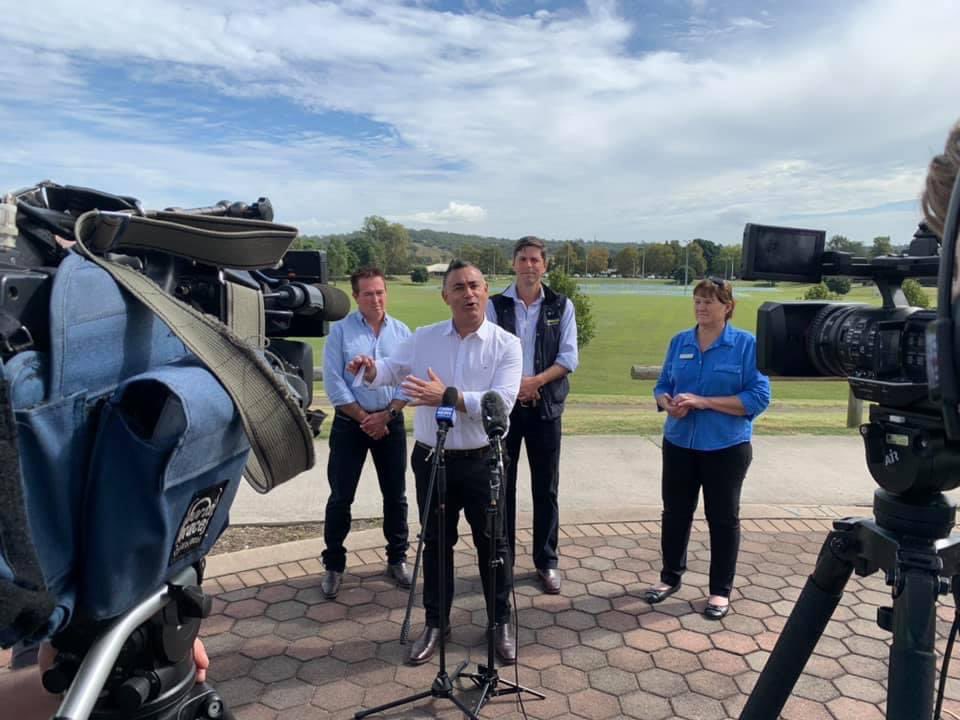
This post was originally published on Michael West.

This post was originally published on Michael West.

After many years of pushing for stronger protections from pollution and toxic chemicals in consumer products, Environmental Defence’s work has paid off and the federal government has introduced a Bill to modernize the Canadian Environmental Protection Act (CEPA). And it’s because of your endless support over the years! You’ve sent letters and postcards to decision makers, set up calls and meetings with your MP, participated in days of action, and so much more – and for this, we are forever grateful.
It has been over 20 years since CEPA was last updated. With each passing year, our exposure to pollution and toxics like BPA on receipts, PFAS in food packaging, or phthalates in cosmetics has increased, while our scientific understanding of risks to these chemicals has advanced.
Bill C-28: Strengthening Environmental Protection for a Healthier Canada Act introduces critical improvements to CEPA like:
Bill C-28 is the first step in bringing what is arguably Canada’s most important environmental law into the 21st century. Everyone in Canada deserves to be protected from pollution and exposure to toxics that threaten our health and environment.
This action is even more important during the COVID pandemic as we have learned that pre-existing health conditions increase people’s susceptibility to the virus and we know that exposure to toxic chemicals can be a key factor in reducing overall health and ability to fight disease.
All political parties must now make Bill C-28 a priority. MPs must work together to move this bill into committee for consideration and improvements as soon as possible. We can’t wait another 21 years to reform Canada’s most important environmental law.
But for the moment, let’s celebrate how far we have come and this important step for environmental law in Canada. Stay tuned as we will need YOUR help to get Bill C-28 improved and passed.
The post VICTORY: Stronger protections from toxic chemicals are finally coming appeared first on Environmental Defence.
This post was originally published on Environmental Defence.
ENVIRONMENTAL DEFENCE, ECOJUSTICE, DAVID SUZUKI FOUNDATION, CANADIAN ASSOCIATION OF PHYSICIANS FOR THE ENVIRONMENT AND BREAST CANCER ACTION QUEBEC
Parliament must prioritize modernization of Canadian Environmental Protection Act
OTTAWA/TRADITIONAL, UNCEDED TERRITORY OF THE ALGONQUIN ANISHNAABEG PEOPLE –
Environmental and health groups have welcomed the introduction of Bill C-28: Strengthening Environmental Protection for a Healthier Canada Act that will modernize Canada’s most important environmental law, the Canadian Environmental Protection Act (CEPA). These groups urge all political parties to prioritize passage of Bill C-28 with improvements.
Bill C-28 includes amendments to CEPA recognizing – for the first time in federal law – the right to a healthy environment . 156 UN member states already recognize this right in law, treaties and constitutions. The recognition of a right to a healthy environment in CEPA is an important step forward. However, the bill should ensure that this right has a positive impact on the lives of everyone in Canada, especially vulnerable populations who have long been denied environmental justice and disproportionately experience cumulative impacts of multiple interacting hazards.
Bill C-28 gives greater authority to the Minister of Environment and Climate Change to prohibit the use of substances of the highest risk, although loopholes if not removed could allow for ongoing use. The Minister must endeavour to look for safer alternatives to dangerous substances.
It is encouraging that the Minister of Environment and Climate Change has committed to a new regulation to require ingredient labelling of everyday products including flame retardants in furniture and the complete disclosure of chemicals in cosmetics and cleaning products. The Minister must commit to adopting this regulation as soon as possible.
Bill C-28 is important as we continue to face the COVID-19 pandemic. A strengthened CEPA will be the backbone of a green and just recovery. Everyone in Canada needs adequate protection from environmental pollution and exposure to toxic chemicals that threaten their health and increase their chances of developing serious illnesses.
All political parties must now make Bill C-28 a political priority. MPs must work together to move this bill into committee for consideration and strengthening amendments as soon as possible. Canadians cannot wait another 21 years to reform Canada’s most important environmental law.
CEPA is the legislation that is intended to protect the environment and people in Canada and the environment safe from toxic chemicals, harmful substances, pollution and wastes. This law regulates the release of pollution and the use of toxic chemicals in consumer products – a source of our daily exposure to toxics.
A report from the House of Commons Standing Committee on Environment and Sustainable Development in 2017 recommended sweeping reforms to the law, which dates back to 1999.
Jennifer Beeman, Executive Director, Breast Cancer Action Quebec said: Breast Cancer Action Quebec has been educating on toxic chemicals and their health effects for decades. Citizens know about the very serious health problems like cancers, neurological disorders, reproductive disorders, impacts on the immune system associated with flame retardants in furniture, BPA/BPS in cash receipts and the lining of canned goods, phthalates in air fresheners, dryer sheets, perfumes and cosmetics and now highly toxic PFAS in our water, among many other chemicals. What citizens don’t understand is why we have these problems. Our toxics regulatory system has been failing us badly, but the federal government, with this proposed reform, has a real opportunity to protect the health of Canadian citizens and our environment. We need to get this reform right.
Dr. Ojistoh Horn, Canadian Association of Physicians for the Environment Board Member said: “As a Mohawk physician I understand that the health of my community is connected directly to the health of the land. I have seen the impacts of toxic exposures on Indigenous peoples. CEPA reform based on science and justice is necessary to ensure all people – Indigenous peoples, racialized people, workers – are fully protected from toxic exposures. In the spirit of the Two Row Wampum, this legislation needs to ensure that the voice of the people are listened to when concerns about the health of the environment are made. We physicians are doing everything we can right now to care for our communities during this pandemic. Now that this legislation is announced, we need and expect all parties to do everything you can to ensure that it moves forward quickly and provides proper protection for the health of all people. “
Lisa Gue, senior policy analyst, David Suzuki Foundation, said:
“If passed, Bill C-28 would be the first federal law to recognize the human right to a healthy environment – a long-overdue paradigm shift that will help ensure all people in Canada benefit from environmental protection measures. Too often, pollution and environmental degradation harm vulnerable people and disadvantaged communities disproportionately. Bill C-28 could start to reverse this trend by applying a human rights lens to decision-making under CEPA, and requiring much-needed protections for vulnerable populations.”
Tim Gray, Executive Director, Environmental Defence said: “Canadians are exposed to more and more dangerous chemicals every year. They cause cancer, trick our immune and hormone systems and wreak havoc to ecosystems. We all deserve to be protected from these chemicals, in particular those whose race, physiology or economic status means that they have been disproportionately put in harm’s way. Strengthening CEPA is our last best chance to put the health of people ahead of the profits of chemical companies.”
Dr. Elaine MacDonald, Ecojustice Healthy Communities program director said:
“Ecojustice is pleased to see long-overdue reforms to CEPA introduced in the House of Commons today. We now urge all parties to work together to move this bill through the legislative process and make it law as soon as possible.
For too long, an out-of-date CEPA has left Canadians — often the most vulnerable populations in our society — exposed to dangerous levels of toxic pollution and chemicals. A strong CEPA that enshrines every person in Canada’s right to a healthy environment in federal law will be an essential tool for protecting human health and the environment in the face of 21st-century threats.”
– 30 –
To request an interview, please contact:
Sarah Jamal, Environmental Defence, sjamal@environmentaldefence.ca
ABOUT Breast Cancer Action Quebec: BCAQ is a feminist, environmental health organization dedicated to the prevention of breast cancer. In partnership with a wide range of local, regional and national organizations, we work for systemic changes based on social justice principles to prevent breast cancer and a range of diseases in women, with a particular focus on the gendered and racialized dynamics of toxic exposures.
ABOUT Canadian Association of Physicians for the Environment: CAPE is a physician-directed non-profit organization working to secure human health by protecting the planet. For further information, visit www.cape.ca.
ABOUT the David Suzuki Foundation (DavidSuzuki.org): DSF is a leading Canadian environmental non-profit organization, founded in 1990. We collaborate with all people in Canada, including government and business, to conserve the environment and find solutions that will create a sustainable Canada through evidence-based research, public engagement and policy work. We operate in English and French, with offices in Vancouver, Toronto and Montreal.
ABOUT ENVIRONMENTAL DEFENCE (environmentaldefence.ca): Environmental Defence is a leading Canadian environmental advocacy organization that works with government, industry, and individuals to defend clean water, a safe climate, and healthy communities.
ABOUT Ecojustice: Ecojustice uses the power of the law to defend nature, combat climate change, and fight for a healthy environment. Its strategic, public interest lawsuits and advocacy lead to precedent-setting court decisions and law and policy that deliver lasting solutions to Canada’s most urgent environmental problems. As Canada’s largest environmental law charity, Ecojustice operates offices in Vancouver, Calgary, Toronto, Ottawa, and Halifax.
The post Environmental health advocates welcome first federal recognition of right to a healthy environment in bill to better protect Canadians from toxics appeared first on Environmental Defence.
This post was originally published on Environmental Defence.

This post was originally published on Michael West.

This post was originally published on Michael West.

This post was originally published on Michael West.

This post was originally published on Michael West.
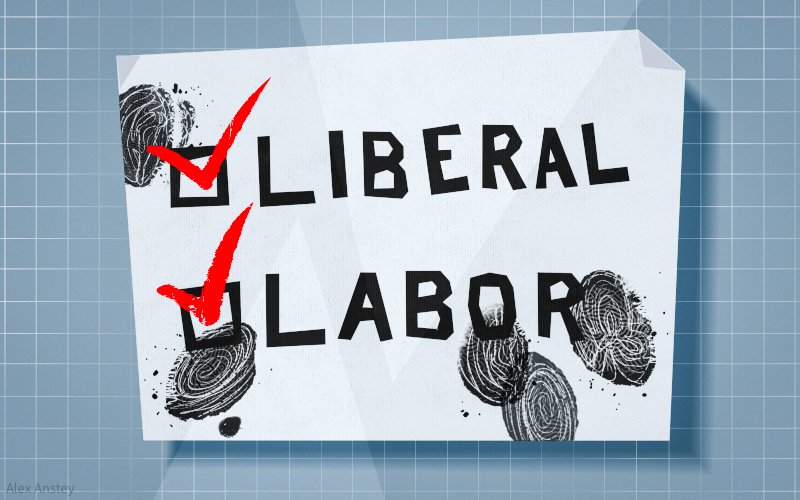
This post was originally published on Michael West.
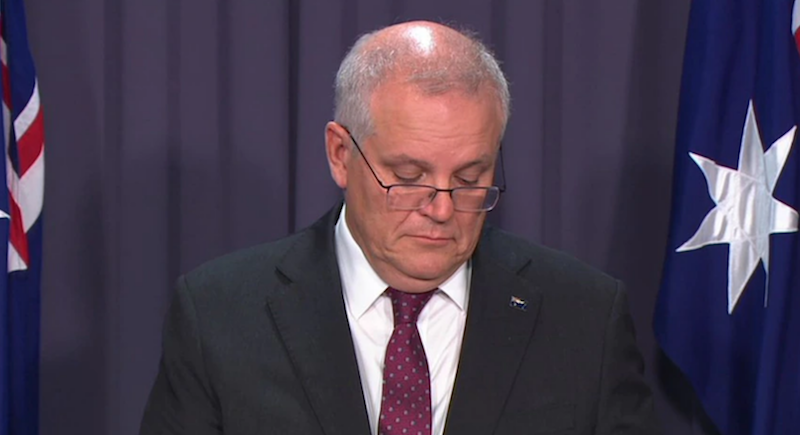
This post was originally published on Michael West.

This post was originally published on Michael West.

This post was originally published on Michael West.
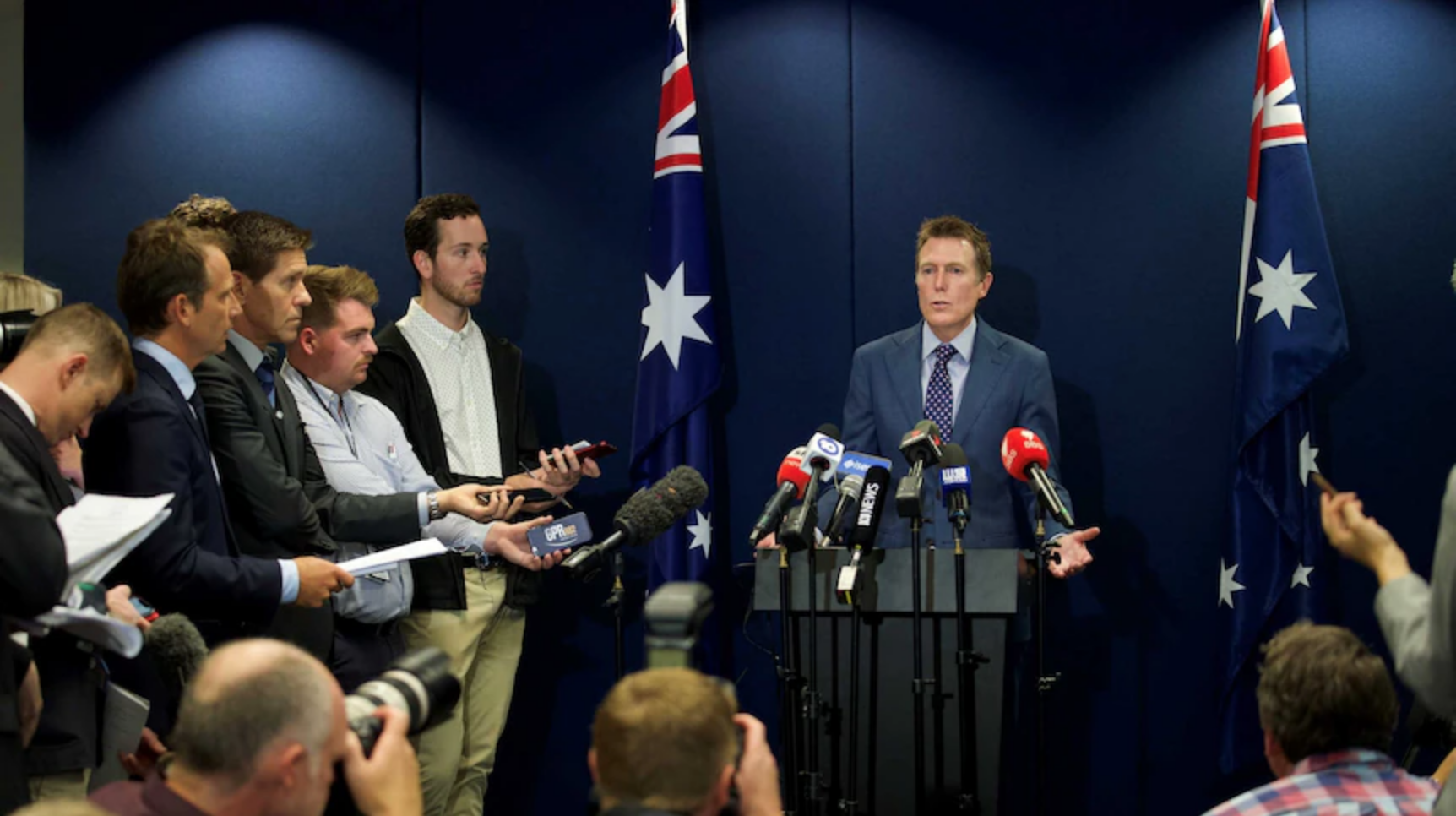
This post was originally published on Michael West.
Fourteen years ago, Susan Evans left her job as a psychiatric nurse at the UK’s Tavistock GIDS clinic (the Gender Identity Development Service for child and adolescent patients) where she’d been working between 2004 and 2007. Her reason for leaving, she said, was her discomfort with the clinic providing hormone replacement care to older trans teens. She thought the clinic should be providing psychotherapy rather than “affirming” trans youth.
Following the British government proposing reforms for the Gender Recognition Act in 2015, a wide range of new anti-trans organizations were formed targeting different areas of trans rights, health care, sex education and inclusion policies in schools. Within this growing interest in organizing against trans rights and health care, twelve years after she left the Tavistock clinic, Susan Evans connected with a parent (named in the case as Mrs. A) who claimed she was concerned that her child might one day be referred to the Tavistock for treatment.
The post Health Care For Trans Youth Is Under Attack In The UK appeared first on PopularResistance.Org.
This post was originally published on PopularResistance.Org.
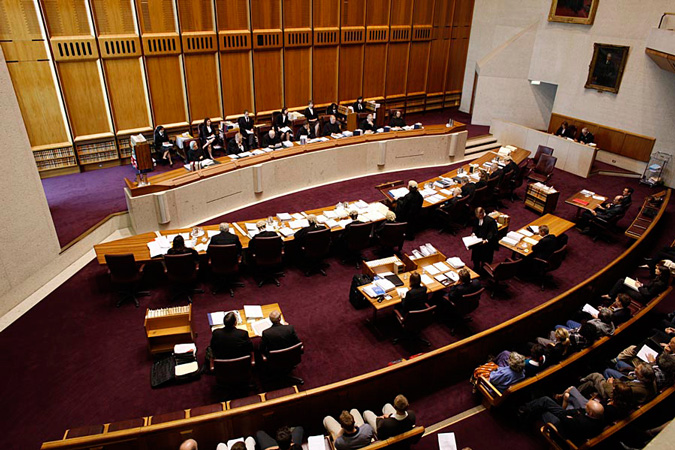
This post was originally published on Michael West.

This post was originally published on Michael West.

This post was originally published on Michael West.
The DC Circuit has ruled that the CIA is under no obligation to comply with Freedom of Information Act requests pertaining to its involvement with insurgent militias in Syria, overturning a lower court’s previous ruling in favor of a Buzzfeed News reporter seeking such documents.
As Sputnik‘s Morgan Artyukhina clearly outlines, this ruling comes despite the fact that mainstream news outlets have been reporting on the Central Intelligence Agency’s activities in Syria for years, and despite a US president having openly tweeted about those activities.
“In other words, the CIA will not be required to admit to actions it is widely reported as having done, much less divulge documents about them to the press for even greater scrutiny,” Artyukhina writes, calling to mind the Julian Assange quote “The overwhelming majority of information is classified to protect political security, not national security.”
My latest: Despite extensive reporting by the @WSJ & CIA-vetted @nytimes confirming it happened, a DC court has sided with the @CIA, finding that a Trump tweet doesn't constitute proof that it funded al-Qaeda in #Syria. https://t.co/NFaQBrggV5
— Morgan Artyukhina (@LavenderNRed) February 13, 2021
The CIA’s brazen collaboration with dangerous extremist factions seeking to topple Damascus, and its equally brazen refusal to provide the public with any information about the extent of its involvement in Syria from the earliest stages of the violence in that nation onwards, will necessarily provide fodder for conspiracy theories.
It is public knowledge that the CIA was involved in the Syrian war to some extent, it is public knowledge that the CIA has a well-documented history of doing extremely evil things, and it is public knowledge that the US government has long sought control over Syria. Due to the agency’s refusal to be transparent about the exact nature of its involvement in that nation, people are left to fill in the knowledge gaps with their own speculation.
Of course they will do this. Why wouldn’t they? Why would anyone give the lying, torturing, propagandizing, drug trafficking, coup-staging, warmongering, psychopathic Central Intelligence Agency the benefit of the doubt and assume their actions in Syria have been benevolent just because the hard facts have been hidden behind a wall of government secrecy?
Yet they will be expected to. Anyone with a sufficient degree of influence who comes right out and says the CIA knowingly armed violent jihadists with the goal of orchestrating regime change in Syria will be attacked as a crazy conspiracy theorist by the narrative managers of the establishment media. If their words are really disruptive to establishment narratives, there will be calls to deplatform, unemploy, and ban them from social media.
I'd forgotten how shameless and demented the imperialist narrative managers get whenever anyone in a position of influence contradicts the imperial narrative about what's happening in Syria. Mentally replace their words with "STOP INTERFERING IN OUR GLOBAL PROPAGANDA CAMPAIGN!" https://t.co/Sd5HCCklkW pic.twitter.com/O9XonJBHfo
— Caitlin Johnstone ⏳ (@caitoz) January 15, 2021
And really such is the case with all the melodramatic garment rending about the dangers of conspiracy theories today. All the fixation on the way unregulated speech on the internet has contributed to the circulation of conspiracy theories conveniently ignores the real cause of those theories: government secrecy.
If the most powerful government in the world were not hiding a massive amount of its behavior behind increasingly opaque walls of secrecy, people would not need to fill in the gaps with theories about what’s happening, because there would be no gaps; they would simply see what’s happening.
“But Caitlin!” one might object. “How could America engage in all its military operations around the world if it didn’t keep information about its behaviors a secret?”
Exactly, my smooth-brained friend. Exactly.
Government secrecy is indeed necessary for winning wars. Government secrecy is also necessary for starting those wars in the first place. US government agencies have an extensive history of using false pretenses to initiate military conflicts; if they could not hide the facts behind a veil of government opacity, the public would never engage in them. The American people would never have allowed their sons to go to Vietnam if they’d known the Gulf of Tonkin incident was a lie. They’d never have sent their sons and daughters to invade Iraq if they’d known weapons of mass destruction were a lie. They would lose the support of the public, and the international community would refuse to back them.
Protecting the lives of foreign military and intelligence personnel is the primary argument against government transparency in the United States, a premise which takes it for granted that there need to be foreign military and intelligence personnel at all. The only reason the lives of troops and intelligence officers would be endangered without massive walls of government secrecy is because those personnel are out there facilitating imperialist acts of mass murder and tyranny. The argument is essentially “Well we can’t tell you the truth about what’s happening in our government, because it would mean we’d have to stop doing extremely evil things.”
The argument that the internet needs strict censorship to eliminate dangerous conspiracy theories takes it as a given that simply eliminating government secrecy is impossible, which in turn takes it as a given that the US government cannot simply stop inflicting grave evils around the world. Our ability to share information with each other online is therefore ultimately being increasingly choked off by monopolistic Silicon Valley megacorporations because no one in charge can fathom the idea of the United States government ceasing to butcher human beings around the world.
That is the real underlying argument over internet censorship today. Should people have free access to information about what their own government is doing, or should their government be permitted to do evil things in secret while people who form theories about what they’re doing are shoved further and further away from audibility? That’s the real debate here.
Here's how politicians, media and government could eliminate conspiracy theories if they really want to:
– Stop lying all the time
– Stop killing people
– Stop promoting conspiracy theories (Russiagate)
– Stop doing evil things in secret
– End government opacity
– Stop conspiring— Caitlin Johnstone ⏳ (@caitoz) January 9, 2021
The powerful should not be permitted to keep secrets from the public. They should not be permitted to jail journalists who try to reveal those secrets to the public, and they should not be permitted to collaborate with monopolistic corporations to censor people who form theories about those secrets. The amount of secrecy you are entitled to should be directly inverse to the amount of power that you have.
The US government has powerful agencies whose literal job is to conspire. The fact that people are punished and condemned for forming theories about how that conspiring might take place, even while those agencies are completely lacking in transparency, is abusive.
If the government was not doing evil things in secret, then it wouldn’t need secrecy. If the government didn’t have secrecy, there would be no conspiracy theories. Stop pointing your attacks at powerless people who are just trying to figure out what’s going on in the world amidst a sea of government secrecy and propaganda, and point your attacks instead at the power structures that are actually responsible for the existence of conspiracy theories in the first place.
________________________
Thanks for reading! The best way to get around the internet censors and make sure you see the stuff I publish is to subscribe to the mailing list for at my website or on Substack, which will get you an email notification for everything I publish. My work is entirely reader-supported, so if you enjoyed this piece please consider sharing it around, liking me on Facebook, following my antics on Twitter, or throwing some money into my tip jar on Patreon or Paypal. If you want to read more you can buy my new book Poems For Rebels (you can also download a PDF for five bucks) or my old book Woke: A Field Guide for Utopia Preppers. For more info on who I am, where I stand, and what I’m trying to do with this platform, click here. Everyone, racist platforms excluded, has my permission to republish, use or translate any part of this work (or anything else I’ve written) in any way they like free of charge.
Bitcoin donations:1Ac7PCQXoQoLA9Sh8fhAgiU3PHA2EX5Zm2
This post was originally published on Caitlin Johnstone.

This post was originally published on Michael West.
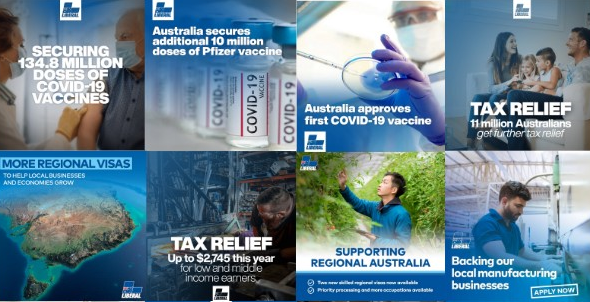
This post was originally published on Michael West.

This post was originally published on Michael West.
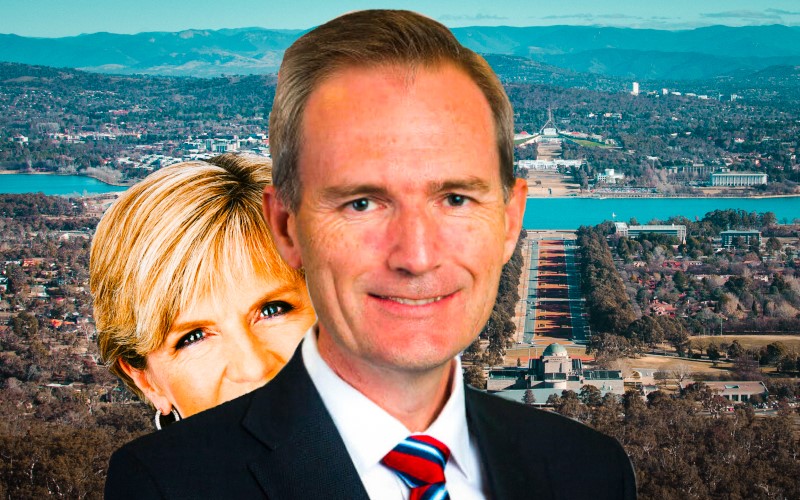
This post was originally published on Michael West.

This post was originally published on Michael West.

This post was originally published on Michael West.
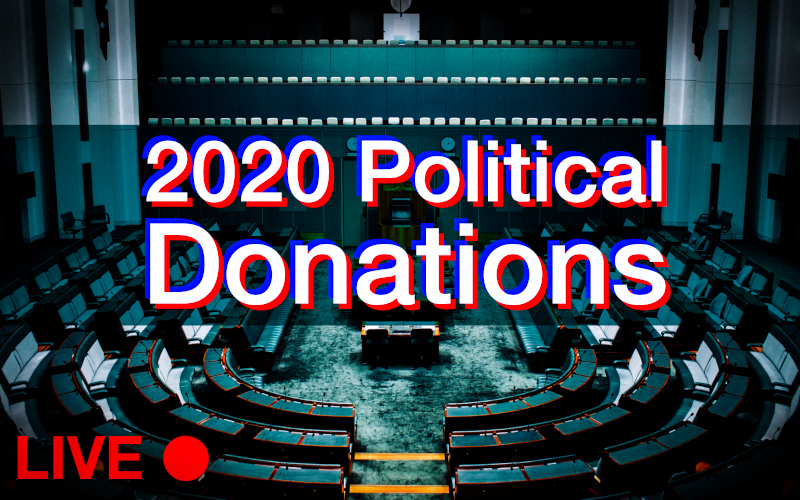
This post was originally published on Michael West.